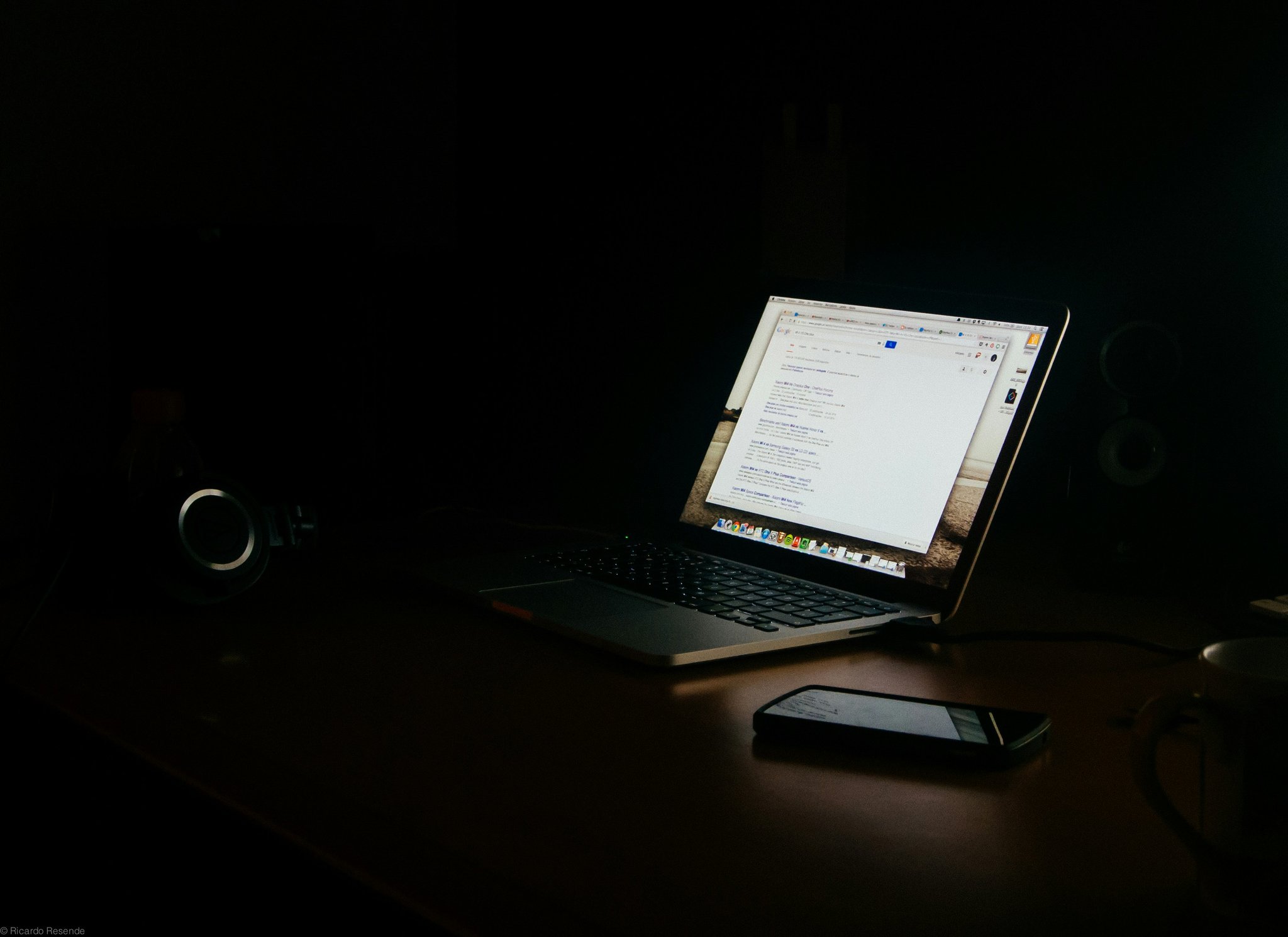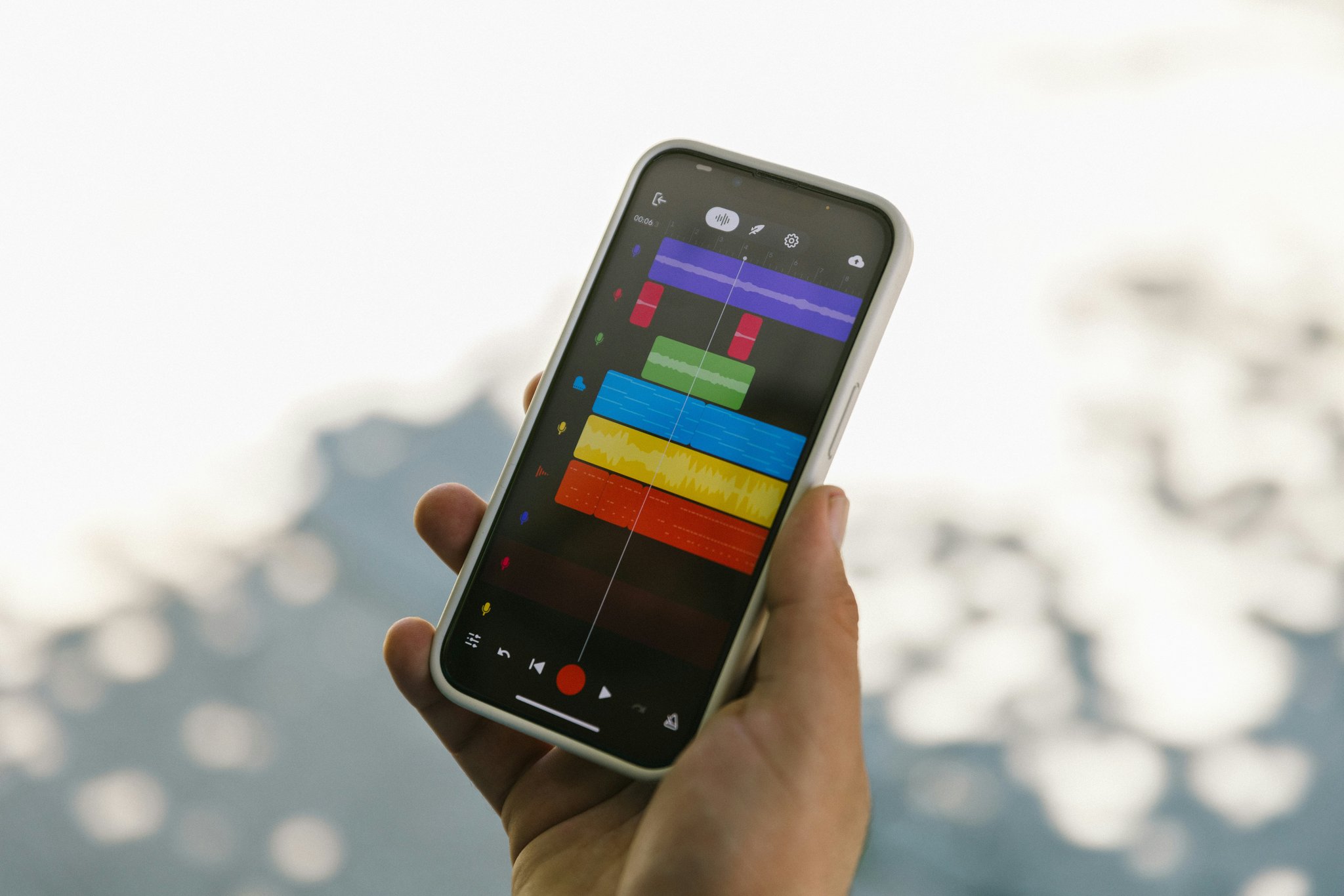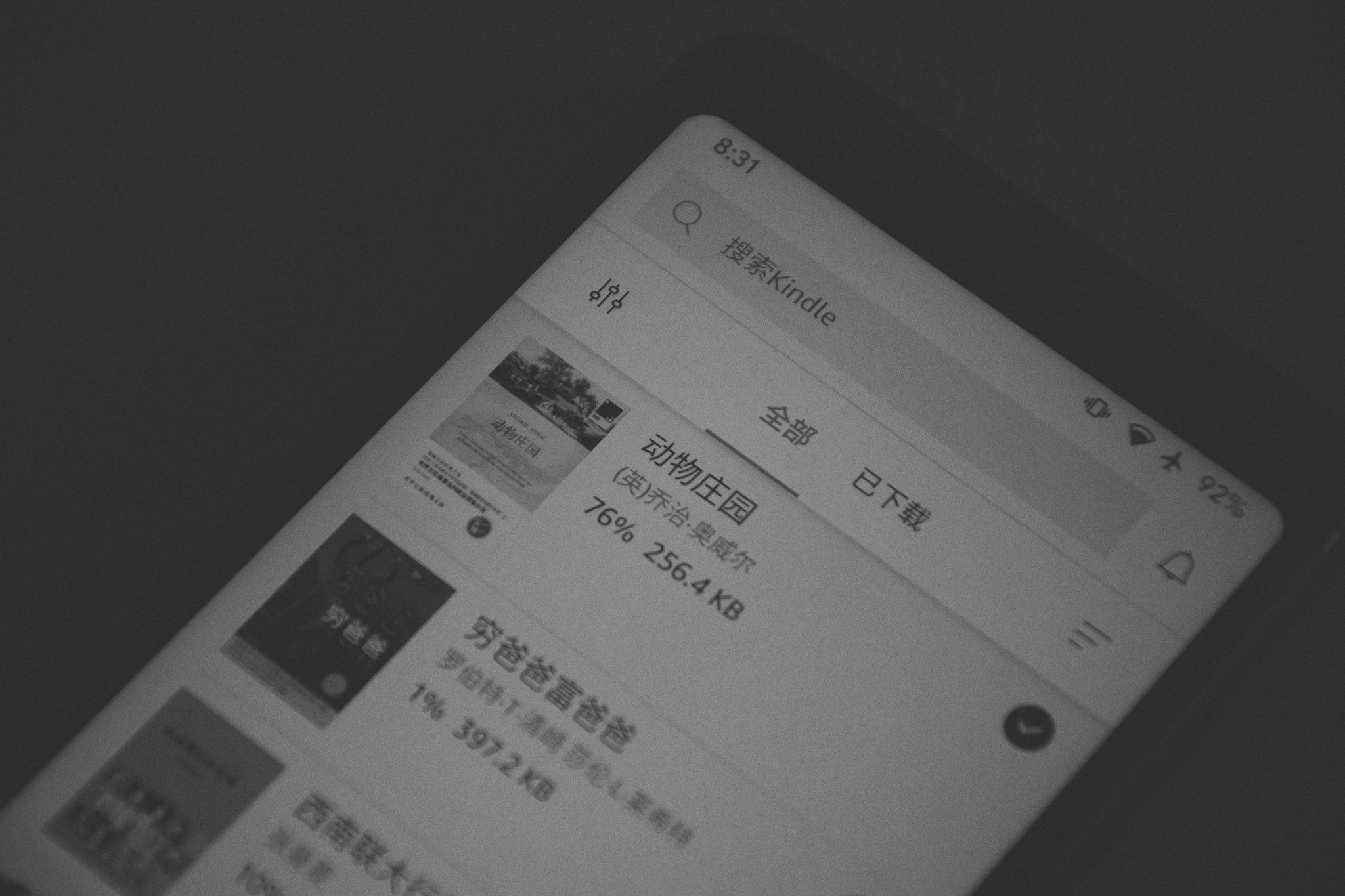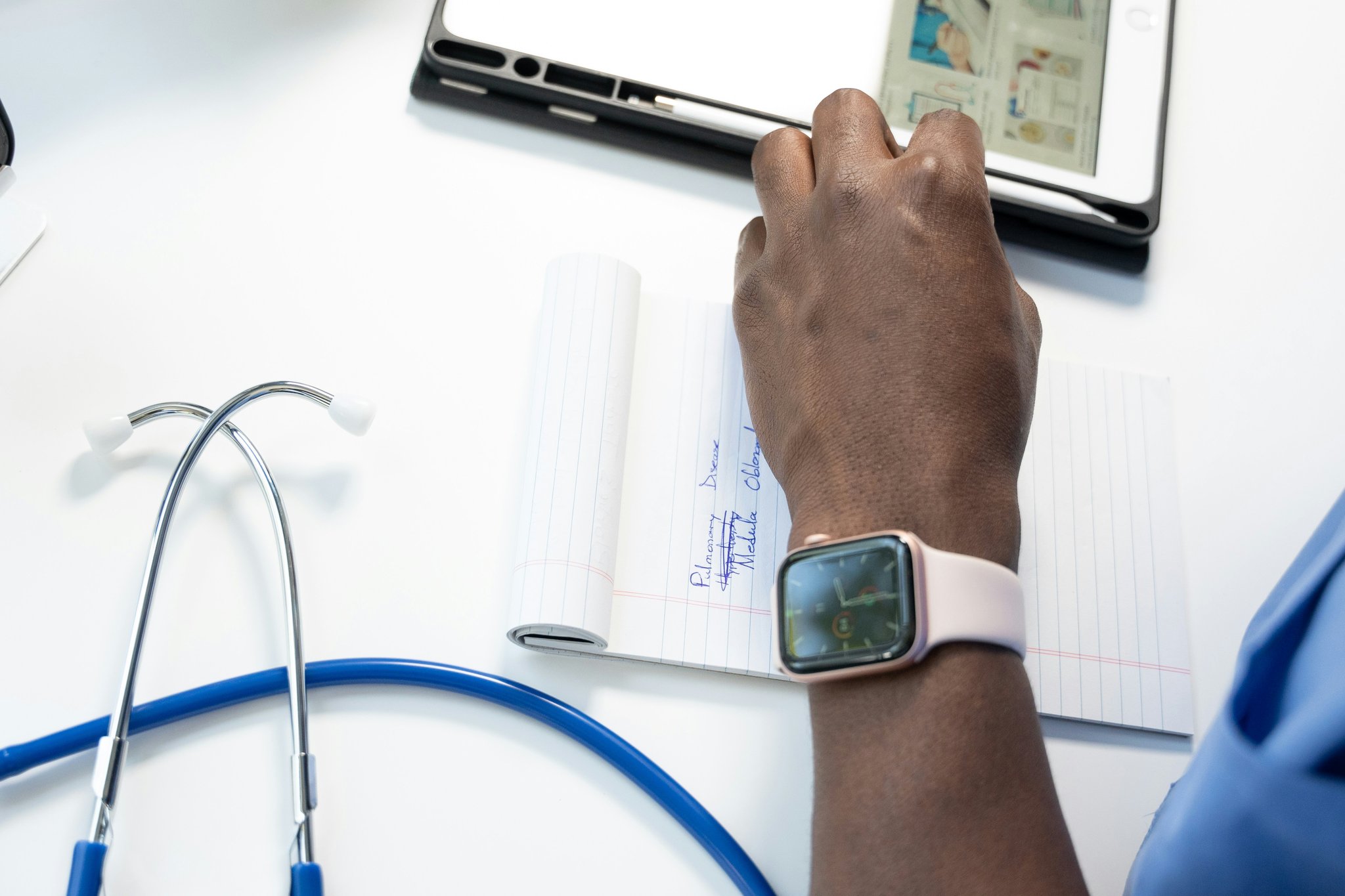Ever found yourself drowning in tabs while trying to research the latest wellness trends? You’re not alone. With countless apps promising to streamline your research process, it’s easy to get overwhelmed and end up with a cluttered digital workspace instead of clarity.
In this post, we’ll explore how to identify and use an efficient research app tailored to health and wellness enthusiasts. We’ll cover why choosing the right tool matters, actionable steps to find one, tips to maximize productivity, real-world examples, and answers to FAQs to ensure you stay informed without burning out. Let’s dive in!
Table of Contents
- Why Choosing the Right Efficient Research App Matters
- Step-by-Step Guide to Finding Your Perfect Match
- Pro Tips for Maximizing Productivity
- Examples of Apps That Actually Work
- Frequently Asked Questions About Efficient Research Apps
Key Takeaways
- An efficient research app can save time and reduce stress by organizing all your data in one place.
- Look for features like AI-powered search, integration capabilities, and customization options when selecting an app.
- Avoid falling for shiny bells and whistles; prioritize functionality over aesthetics.
- Real users swear by tools like Notion, Evernote, and Zotero—but the best choice depends on your specific needs.
Why Choosing the Right Efficient Research App Matters

Optimist You: “I just need *one* good app to organize my wellness research.”
Grumpy You: “Yeah, because I already wasted two hours downloading five duds.”
Finding an efficient research app isn’t just about convenience—it’s about reclaiming your brainpower. When you spend less time hunting for information and more time applying it, you boost both productivity and well-being.
Here’s what makes efficient research apps so vital:
- Time Savings: Imagine cutting down those endless Google searches into bite-sized summaries delivered straight to you.
- Mental Clarity: Less screen clutter = fewer headaches (literally).
- Customization: Tailor your experience to focus only on topics relevant to your goals, whether that’s fitness routines or mindfulness techniques.
Rant Break: Stop Glorifying Overwhelm!
There’s nothing “productive” about hoarding random PDFs and screenshots. If your idea of research involves copying-and-pasting paragraphs from 20 different sources… stop. You’re creating chaos disguised as progress.
Step-by-Step Guide to Finding Your Perfect Match

Ready to cut through the noise? Follow these steps to land the ultimate efficient research app:
- Define Your Goals: Are you writing articles, compiling recipes, or keeping track of studies? Know exactly what you need before diving into reviews.
- Prioritize Key Features: Must-haves include tagging systems, offline access, and cross-device syncing. Bonus points for AI assistance!
- Test Free Trials: Don’t commit until you’ve tested at least three options side-by-side. This step saved me after nearly settling for a mediocre app—spoiler alert: it crashed twice during a crucial deadline.
- Check Community Reviews: Reddit threads and niche forums are goldmines for honest feedback. Pro tip: Look beyond ratings. Sometimes the most underrated tools pack the biggest punch.
- Implement Incrementally: Start small. Migrate your existing files gradually to avoid feeling overwhelmed.
Pro Tips for Maximizing Productivity
#1 Automate Everything
“Automation is chef’s kiss for drowning researchers.” Set up automatic saving, categorization, and reminders so you never miss a critical update.
#2 Embrace Templates
No shame in starting with pre-built templates—they save hours. Just customize them to fit your unique style later.
#3 Avoid the Shiny Object Syndrome
Warning! Too many cool features can actually slow you down. Stick to essentials unless something genuinely enhances your workflow. (Example: Aesthetic themes sound nice but might distract from usability.)
#4 Terrible Tip Alert
Don’t buy every app that promises miracles. I once downloaded six apps in one week thinking they’d magically transform my workflow. Spoiler: They didn’t. Now my phone storage is a graveyard of abandoned subscriptions.
Examples of Apps That Actually Work

Notion
If flexibility is your jam, Notion reigns supreme. It’s like Legos for organizing—you build whatever structure fits your mind. Plus, its wellness-specific templates make tracking diets or exercise plans seamless.
Evernote
Classic yet reliable, Evernote shines for text-heavy projects. Its web clipper feature lets you save articles directly from your browser—a lifesaver for curating wellness content.
Zotero
For academic nerds, Zotero is king. Need MLA citations for your next article? Done. Want bibliographies formatted faster than caffeine kicks in? Done again.
Frequently Asked Questions About Efficient Research Apps
What should I look for in an efficient research app?
Prioritize ease of use, integrations with other tools, automation options, and a clean UI. After all, beauty lies in simplicity.
Can free apps work as efficiently as paid ones?
Yes—if you stick to basic features. Paid versions often unlock advanced functionalities though, which could be worth the investment depending on your needs.
Are there any downsides to using multiple apps?
Absolutely. Switching between platforms fragments focus and increases cognitive load. Try sticking to one or two core apps if possible.
Conclusion
Choosing the right efficient research app is like finding a workout buddy who pushes you toward better habits. By understanding your goals, testing tools, and embracing smart strategies, you’ll master productivity without sacrificing wellness.
To recap:
– Define your objectives clearly.
– Focus on functionality over flashy extras.
– Test extensively before committing.
– Remember: Simpler is smarter.
Like a Tamagotchi, your SEO thrives on daily care—and now your research process can too.


